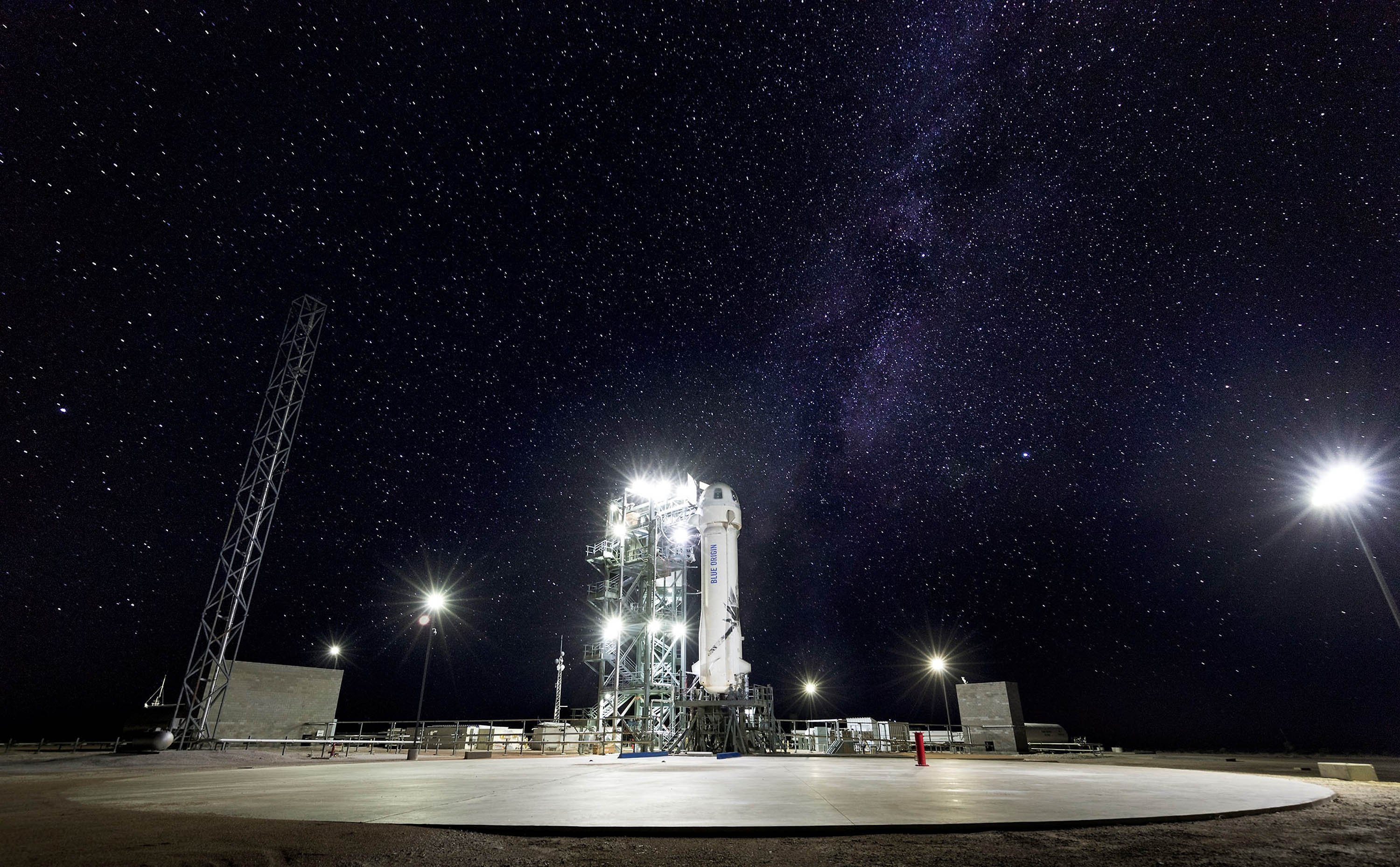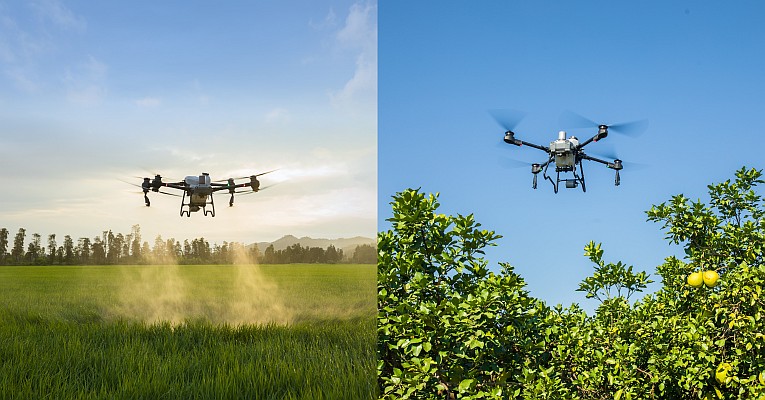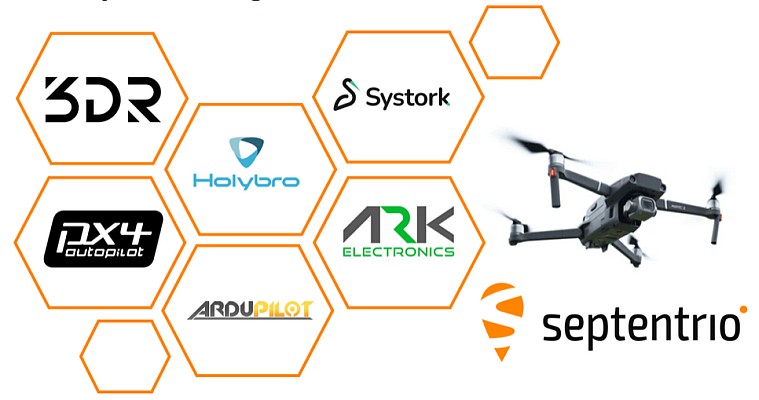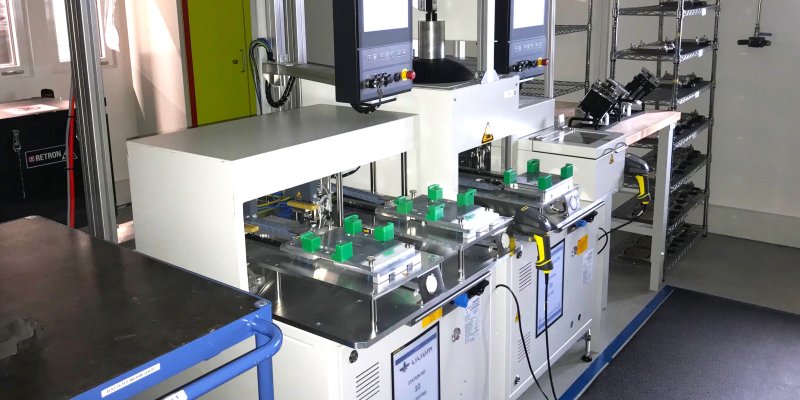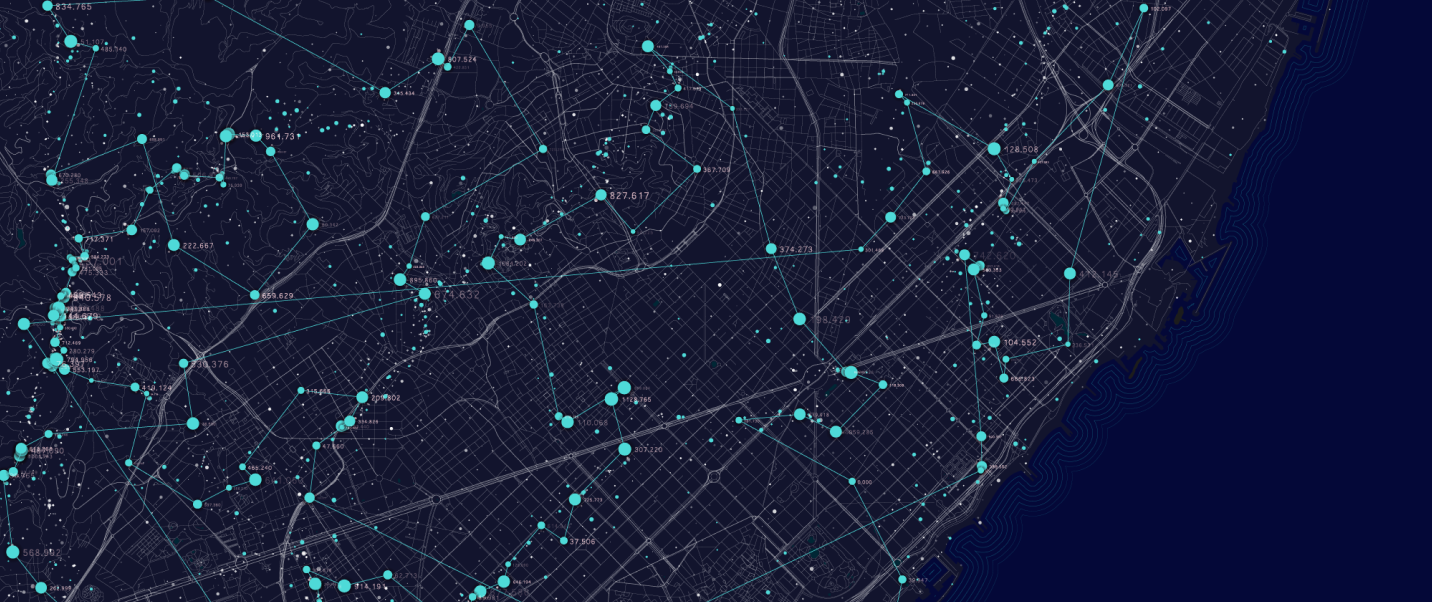Marking nearly a decade of pioneering environmental activities, the Group on Earth Observations (GEO) will convene in Geneva, 13 to 17 January, at CICG, 17 rue de Varembé. With 89-member nations, the European Commission and nearly 70 participating organizations, GEO is committed to making vast new worlds of data transparent, timely, accessible and a vital resource for providing the sound science required to make sound decisions across every sector of our society. GEO co-chairs are China, the European Commission, the Republic of South Africa and the United States.
 GEO’s distinct mandate is to drive the interoperability of the many thousands of space-based, airborne and in situ Earth observations around the globe. Often these separate systems yield just snapshot assessments, leading to critical gaps in scientific understanding. GEO addresses such gaps by providing a fuller, more integrated picture of our changing planet.
GEO’s distinct mandate is to drive the interoperability of the many thousands of space-based, airborne and in situ Earth observations around the globe. Often these separate systems yield just snapshot assessments, leading to critical gaps in scientific understanding. GEO addresses such gaps by providing a fuller, more integrated picture of our changing planet.
GEO’s pioneering work is evident in many areas of the world. To strengthen agricultural activity and reduce market volatility, the growing conditions of the world’s major food crops are being assessed through a combination of regional expertise, ground observations and analysis of meteorological and satellite data. An Asian water cycle initiative is harmonizing watershed data for 18 national river basins in 20 countries, leading to better flood control and dam operation for hydro-power generation.
Twenty GEO-member countries and the European Commission are using highly advanced e-infrastructure to combat mercury hazards. A global GEO initiative employs both satellite and ground observations to monitor forests and forest carbon. Through acquisition of in situ and space data, international agencies are partnering to improve estimates of volcanic unrest, better response during eruptions, and more accurate, reliable hazard assessments. Real-time air quality forecasts are at work in the U.S., across Europe, and in parts of China and Mexico.
Next week’s events will also focus on emerging advances, including the development of a cholera early warning system and a global network designed to investigate the fast-accelerating, serious threat of ocean acidification, which is sometimes called “the silent storm.” A 22-nation African AfriGEOSS initiative will enable policy makers to make informed decisions about a range of priorities, including food security, access to clean water and sanitation, natural resource degradation, and disaster, coastal and marine management.


